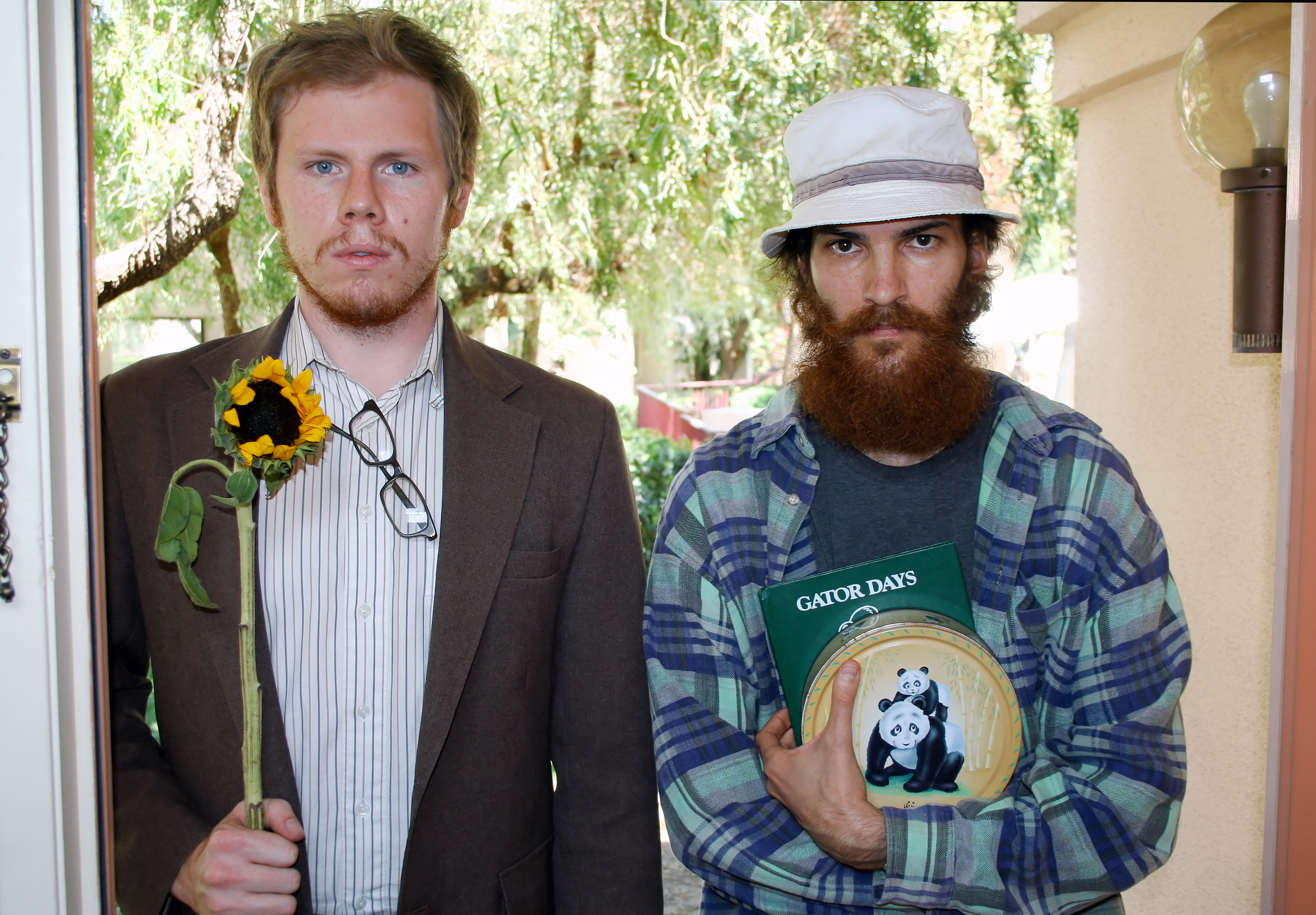A title like “Douchebag” wasn’t one that some of the film’s editors were thrilled about initially, but according to Marius Markevicius, the film’s producer and a 2002 alumnus of the School of Theater, Film and Television, there was just no other way to describe one of the film’s main characters.
“One of the brothers is just this incredible jerk,” said Markevicius. “He’s condescending, he’s mean, he’s untrustworthy and we thought, “˜There’s just one word that sums it up,’ you know?”
Despite its funny name, the film has more emotional themes as well, a fact acknowledged by the Sundance Film Festival, which chose the film to be shown in its dramatic category this year.
“Douchebag” premieres in Los Angeles on Oct. 8.
The film features two brothers ““ Tom, played by Ben York Jones, and Sam, the titular douche bag, who is played by first-time actor Andrew Dickler. Sam is days away from his wedding, when his fiancée surprises him by bringing his estranged brother Tom to their house. Since Tom is without a date for the event, Sam comes up with the grand plan of searching for his long-lost fifth-grade girlfriend to bring to the wedding.
Director Drake Doremus actually drew upon his own experience of an abruptly ended relationship in fifth grade for the story line, since “Mary Barger” is not only the name of Tom’s old elementary school sweetheart, but Doremus’ as well.
“After we finished the movie, I found her on Facebook and told her about it, and she was like, “˜Whoa!'” Doremus said. “So I invited her to come see it on opening night, and we got to see each other for the first time in 15 years. It was just this really cool, special moment.”
Another semi-autobiographical part of the film is the relationship between Sam and Tom, which Doremus based on his own relationship with Dickler, a film editor, in real life.
“So many of the conversations in the movie, about figure skating and vegetarianism and having a credit card, all of those scenes were kind of based on conversations that we had,” Doremus said, describing how many of these conversations took place in the editing room of his first feature.
As a result, Tom is like an exaggerated version of Doremus, while Dickler’s performance is a heightened version of himself.
“It’s just the way he dresses and speaks, he’s got this giant, giant … beard and he’s so opinionated about everything, and intense, and eco-friendly, so I thought we could have him play a really exaggerated version of himself, because that’s something watchable for a feature,” Doremus said.
After casting Dickler, Doremus’ thoughts turned to his longtime friend Jones to portray Tom as Dickler’s brother. Since the cast came together first, rather than the script, the film’s genesis was unconventional.
“We kind of outlined the story around them,” Doremus said. “Once we knew what characters they would be playing, everything was sort of custom-tailored around them.”
However, this approach resulted in a more convoluted shooting schedule as well.
“It was basically unscripted and was shot in a very improvisational style,” Markevicius said. “They outlined the movie, mapped out each scene and gave (the actors) a goal to where the scene would end up, but for the actual dialogue, he would just let them flow.”
The film ended up being shot in three segments because of the highly improvisational nature of the film, which resulted in the continuation of the writing and crafting of the film through all of the segments, according to Markevicius.
Even though Dickler had never acted before, his work on Christopher Guest films led to his understanding of improv, Doremus said. What also made working easier was the fast friendship Dickler and Jones forged.
“We were such good friends at that point, so it was easier for us to be mean to each other,” Jones said. “I think it also gave us a believability that we had a history and a past.”
The realism of the film extended past the characters’ improvisational dialogue toward the film’s production.
“The film was shot on a micro-budget,” Markevicius said. “UCLA really taught me how to be resourceful and make films by any means necessary, which is very vital in today’s economy and the film industry in general.”
Markevicius utilized the scrappy, independent style he was taught to formulate his strategy for the film.
“We used simple cameras and a lot of natural light and guerilla-style filmmaking, using friends’ and family’s houses, basically shooting on the fly,” Markevicius said.
The result? A funny movie that retains emotion and realism at the same time, according to Markevicius.
After all, he said he believes that everyone can relate to the title of the movie only too well.
“Everyone knows a douche bag. There’s one in every family, every group,” Markevicius said. “This is just a different version.”
